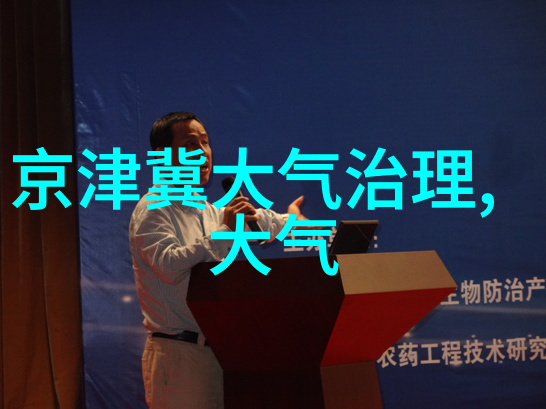一、污水处理的概念

污水处理是指将城市生活废水、工业废水和农业废水等经过处理后,使其达到一定标准,能够安全地排入环境中的过程。这个过程包括物理、化学和生物三个主要步骤,其中化学氧化法作为一种常用的降解有机物质技术,对于提高污水处理效率具有重要意义。
二、化学氧化法概述

化学氧化法是一种利用强氧化剂或催化剂来促进有机物分解的方法。在这个过程中,添加的强氧化剂可以与有机物发生反应,将其分解成无害的小分子,有助于减少污染物在环境中的积累。
三、化学氧化法原理

Chemical oxidation process involves the use of strong oxidizing agents or catalysts to promote the decomposition of organic matter. In this process, the added strong oxidizing agent can react with organic pollutants, breaking them down into harmless small molecules, thus reducing their accumulation in the environment.
四、应用场景

Chemical oxidation has been widely applied in various fields such as wastewater treatment plants (WWTPs), industrial effluent treatment and groundwater remediation. It is particularly effective for treating recalcitrant compounds that are resistant to biological degradation.
五、优势分析

快速有效:Chemical oxidation can achieve rapid removal of organic pollutants from wastewater compared to traditional biological treatment methods.
适应性强:It can be used to treat a wide range of contaminants including chlorinated solvents, pesticides and pharmaceutical residues.
低操作成本:Compared to other advanced oxidation processes (AOPs), chemical oxidation requires less energy input and simpler operation.
六、挑战与限制
Despite its advantages, chemical oxidation also presents some challenges:
选择合适催化剂或活性酸素源:The choice of suitable catalysts or active oxygen sources is crucial for efficient pollutant removal.
副产品生成问题:The formation of secondary products during chemical reactions may pose additional environmental concerns if not properly managed.
经济可行性考量:While offering cost-effective solutions in many cases, high initial investment costs associated with certain chemicals or equipment might limit its widespread adoption.
七、大规模实施策略建议
To maximize the benefits while minimizing potential drawbacks, several strategies should be considered when implementing large-scale chemical oxidation systems:
Optimize reaction conditions: By carefully controlling factors such as pH level, temperature and residence time during chemical reactions, optimal efficiency can be achieved while minimizing side product generation.
Develop sustainable alternatives: The search for more eco-friendly catalysts or active oxygen sources could help reduce environmental risks associated with current practices.
Enhance public awareness: Promoting education on proper waste disposal habits among citizens will ultimately decrease the amount of toxic substances entering waterways which need further processing through advanced technologies like chemical oxidation methods.
八、小结与展望
In conclusion, chemical oxidative processes play an essential role in modern wastewater management due to their effectiveness against persistent pollutants and relatively low operational costs compared to other AOPs techniques available today.
As we continue exploring new avenues within this field – improving efficiency by optimizing reaction conditions; developing sustainable materials; fostering community engagement – we may unlock even greater potential for these powerful tools.
Ultimately it is our responsibility as stewards of this planet’s precious resources ensure that advancements made serve only enhance our surroundings without causing undue harm.




